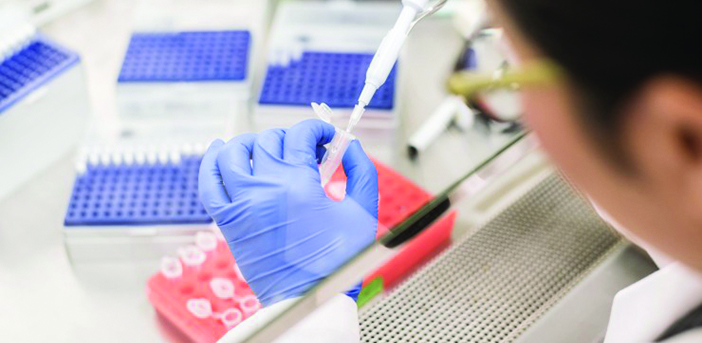Brown accelerator fund advances commercialization of faculty research and supports creation of new products.
A new spinal stimulation technology to treat chronic neuropathic pain. Better testing of oncology drugs to protect the heart. An X-ray detector with higher sensitivity and lower radiation. Each of those emergent technologies serves as the centerpiece of a Brown University research project that will receive up to $150,000 through the Brown Biomedical Innovations to Impact accelerator fund.
For the past four years, BBII has supported the development of new technologies like the three new awardees for 2022 by providing funding for biomedical research projects with commercial potential. Proposed projects are evaluated by an advisory committee that includes venture capitalists and experts in the pharmaceutical and medical device business, and each awarded project demonstrates the potential to have a near-term impact on an urgent medical problem.
“We look for proposals that are focused on development of a biomedical product—a medical device, diagnostic, or therapeutic—that addresses a clear unmet need,” says Karen Bulock, PhD, managing director of BBII. “Evaluation criteria also include scientific merit, feasibility of commercialization path, intellectual property protection, and the strength of the project team.”
Launched in 2018 with $8 million in support from Brown donors, BBII is managed by the University’s Division of Biology and Medicine in collaboration with Brown Technology Innovations, part of the Office of the Vice President for Research. Mukesh K. Jain, MD, dean of medicine and biological sciences, notes that multiple new faculty-led startups are based on BBII accelerator funding and illustrate the success of the program in helping to bridge the gap between federal funding for research and private investment.
“BBII funds help to accelerate the timeline for turning our faculty’s research findings into products or devices that have clinical impact,” Jain says. “That’s critically important not only to help the patients who need these treatments, but also to enhance economic and workforce opportunities for our Rhode Island community.”




